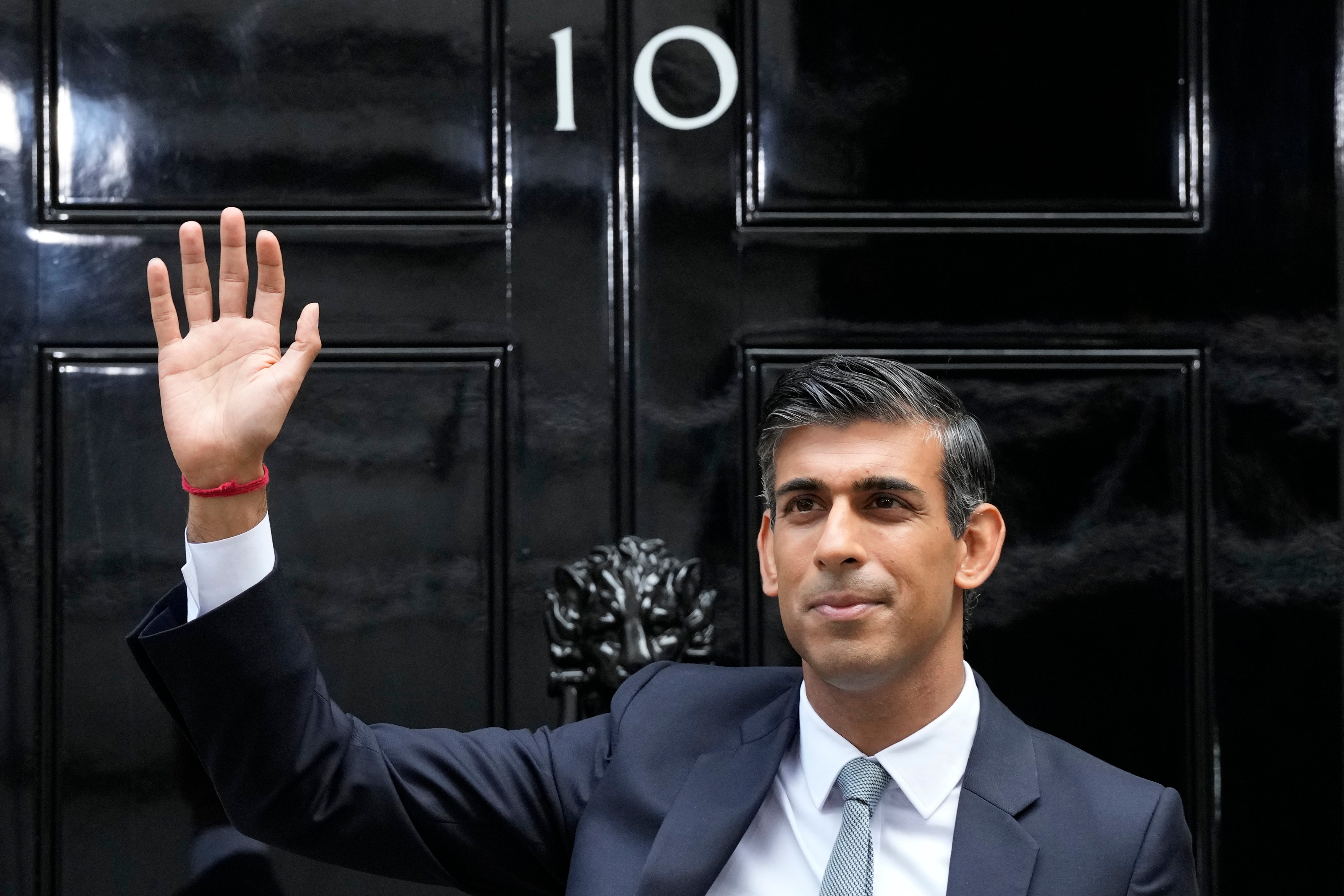Is the future really set for the Conservative Party?
Established parties have been wiped out in Britain before, and in France, Israel and Canada recently – it could happen again, writes John Rentoul


Predictions are always wrong, and one of the questions that troubles those of us in the political forecasting business is the direction of error. Nate Silver, the US polling guru, once said: “When the conventional wisdom tries to outguess the polls, it almost always guesses in the wrong direction.”
That is not always true. In the UK election in 2017, the last time the result was out of line with opinion polls, the polls suggested that Theresa May was headed for a majority of 60; the conventional view was that her majority would be smaller than that, but almost nobody predicted that she would lose it altogether.
But there are times when attempts to outguess the polls go in the wrong direction. In 2015, for example, few commentators thought that David Cameron would gain seats, let alone win a majority.
So it is worth considering the conventional wisdom about the next election, which is that the Labour lead in the polls – currently 21 percentage points – will fall, leaving Keir Starmer with a small majority or leading a minority government in a hung parliament.
Supposing it is wrong, though? Two commentators who I find consistently interesting have suggested that the Conservatives might fail to recover; or, worse, might collapse. Marios Richards, who is good with numbers, posted an article two days ago that asked, “Could the Tories end up on fewer than 100 seats?” While Arieh Kovler, who is good on politics, followed up today with a question of his own: “What if the Tories are wiped out?”
They are both examples of how social media has widened the range of informed and thoughtful opinion. I came across them on Twitter and follow their blogs on Substack. They might be called the unconventional wisdom.
Richards said: “It’s hard to know how much upswings are caused by the corrective actions of political parties, and how much they are just an automatic mechanism operating within voters.” But there are “at best question marks about” the part that does depend on the capacity and willingness of the Conservative Party to act.
Kovler added: “Political parties are not natural forces. They can lead for decades and then vanish.” He cited the examples of the Socialist Party in France, by last year merely a junior partner in a list headed by Jean-Luc Melenchon; the Labour Party in Israel, which founded the state but is now struggling to stay above the threshold for representation in the proportional system; and the Liberal party in the UK, reduced to a dozen seats after the Second World War.
That is without even mentioning the Progressive Conservative Party – the main right-of-centre party in Canada – which collapsed from 156 seats to two in the 1993 election.
Richards and Kovler sketch out plausible scenarios in which Labour maintains its current lead, which would give Starmer a majority of 250 and reduce the Conservatives to 110 seats. If there were anti-Tory tactical voting on the scale seen in 1997 – with Labour, Lib Dem and Green voters prepared to vote for the candidate best placed to win – this kind of result would push the Tories well below 100 seats.
That is simply assuming that nothing changes between now and the election, probably in the autumn of next year. Yet there has been surprisingly little speculation about the implications for the Labour Party of finding itself in government with a bigger majority than Tony Blair’s.
And that is before we consider the possibility that things might get worse for the Tories. Kovler suggests that the Conservatives could end up with 72 seats, in which case “the Tory party wouldn’t be able to fill a full shadow frontbench team”. If they went any lower, they might be at risk of being displaced as the official opposition by the Scottish National Party, which has 45 MPs in this parliament.
There would then be the question of whether the Tories could survive; and if not, who would replace them. Would the Lib Dems step into the gap? Would Reform, the inheritor of the Brexit Party, become viable?
I am not persuaded that any of this is likely, but there are no iron laws in politics – not even those laid down by Nate Silver. The next election is still a while away and the range of possible outcomes is wide: I have considered the possibility that Rishi Sunak might win; but the other end of the range – a Tory wipeout – is also worth thinking about.






Join our commenting forum
Join thought-provoking conversations, follow other Independent readers and see their replies
Comments